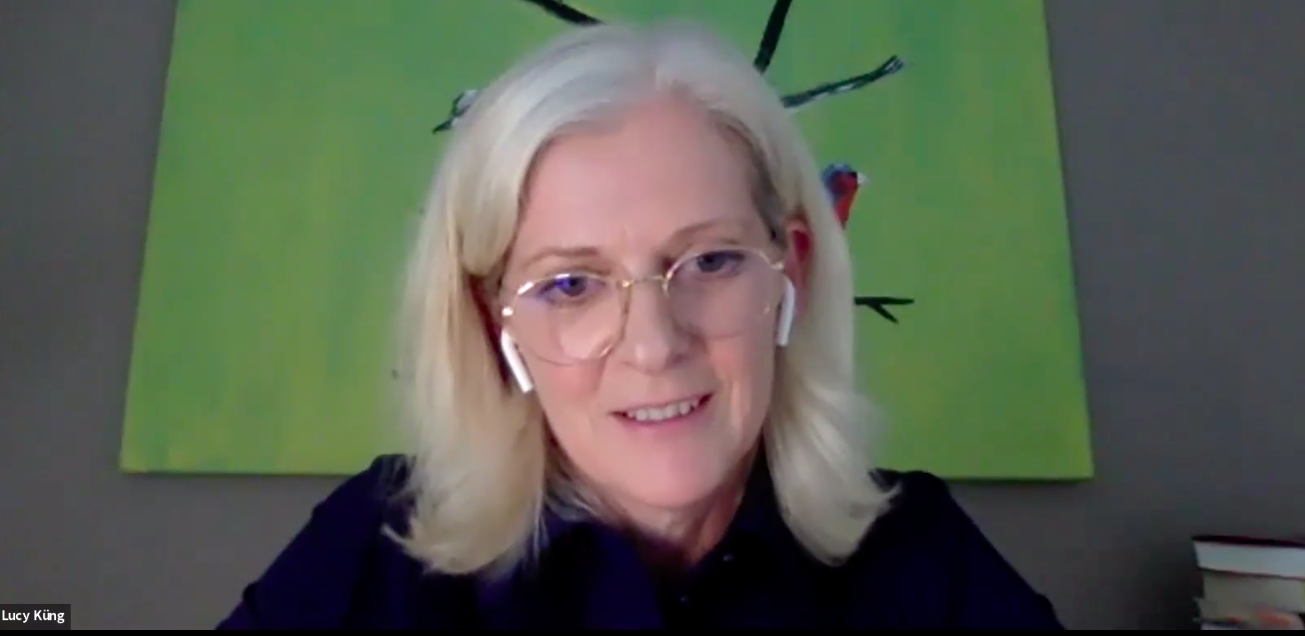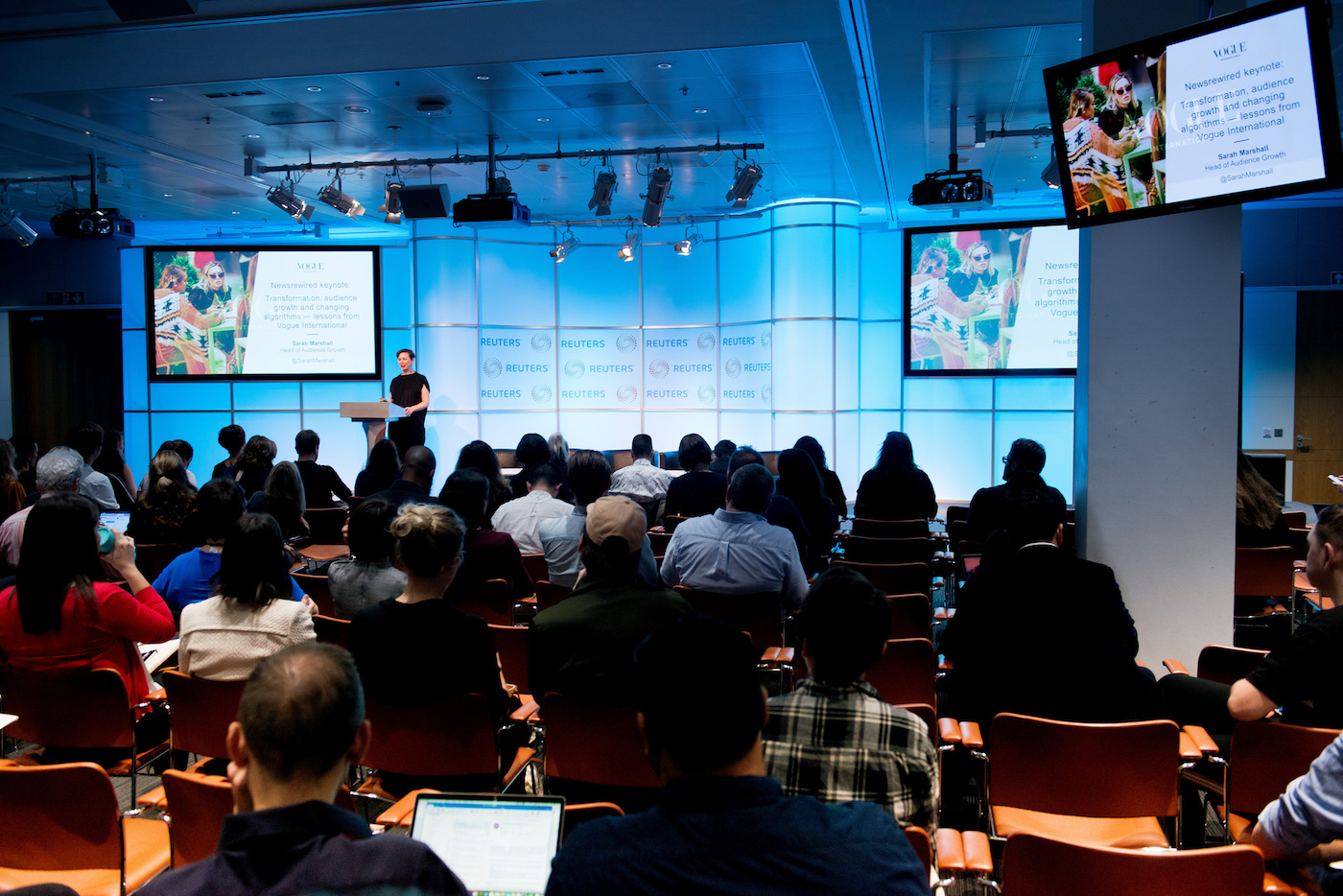The latest Trust in News Project paper finds that journalists and readers are not always on the same page when it comes to building a trusting relationship.
RISJ trust report: redefine your public image or bad actors will do it for you

Reuters institute for the Study of Journalism

The latest Trust in News Project paper finds that journalists and readers are not always on the same page when it comes to building a trusting relationship.

One of the few silver linings of the coronavirus pandemic is that newsrooms have had to develop more logical solutions for working because of the sheer necessity to survive the crisis. But we are not out of the woods yet.
We spoke to Lucy Kueng, senior research associate for the Reuters Institute for the Study of Journalism, and an expert on newsroom strategy, innovation and leadership, about what the best newsroom leaders are doing now to start meaningful changes amidst uncertainty.

Despite the rise in sales of voice-controlled devices, such as Amazon Alexa or Google Home, the difficulty of monetising content holds publishers back from innovating on voice platforms.
One of the panels at the Newsrewired conference will explore projects by early adopters and look at the benefits of investing in smart, speaker-friendly content.

We are pleased to announce more confirmed speakers ahead of our newsrewired conference on 6 March 2019 at Reuters, London, UK.
Rouven Leuener, group head of digital product at Neue Zürcher Zeitung; Jess Brammar, head of news at HuffPost UK; Matthew Barraclough, head of Local News Partnerships at BBC; and Nic Newman, senior research associate at the Reuters Institute for the Study of Journalism.
